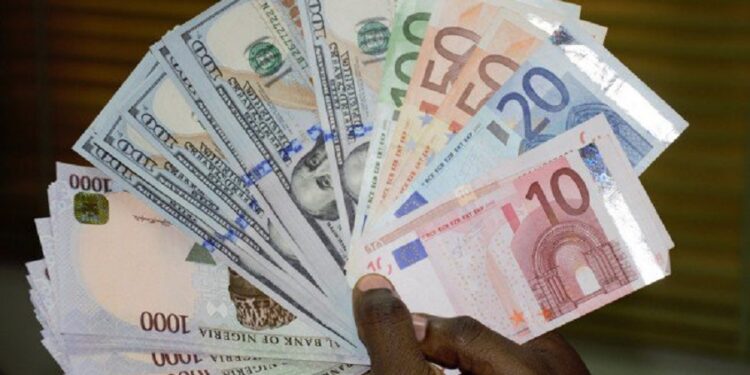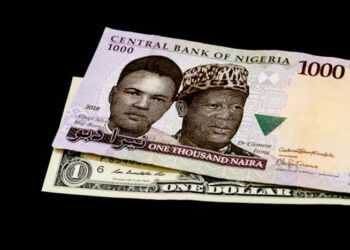The Central Bank of Nigeria (CBN) has revised its guidelines, permitting licensed Bureaux de Change (BDCs) to purchase foreign exchange directly from Authorized Dealers.
This is part of the central bank’s move aimed at streamlining Nigeria’s foreign exchange (FX) market enabling the naira to reflect its true value.
This decision, outlined in the CBN circular titled “Revised Guidelines for the Nigeria Foreign Exchange Market (NFEM)” issued on November 29, 2024, marks a pivotal shift in the regulatory landscape for BDCs.
The revised guidelines cover a wide range of regulatory and operational aspects, touching on the roles of Authorized Dealers, Bureaux de Change (BDCs), pricing mechanisms, interbank trading, compliance, and reporting standards.
What the CBN is saying
One of the most significant changes in the revised guidelines is the inclusion of licensed Bureaux de Change (BDCs) in the official FX market.
For the first time in years, BDCs are now allowed to buy FX directly from Authorized Dealers, subject to a monthly cap set by the CBN.
“Bureaux de Change (BDCs) operators licensed under the revised guidelines (ref FPRD/DIR/PUB/CIR/002/010 issued on May 22, 2024) are permitted to buy foreign exchange from Authorised Dealers to meet their customer needs, subject to the aggregate monthly cap stipulated by the CBN.”
“All foreign exchange transactions consummated with Authorised Dealers, Bureaux de Change operators and International Money Transfer Operators (IMTOs) are strictly subject to the terms of their respective licenses.”
“All market participants are expected to adhere to the highest code of ethics and professional conduct in all their dealings in the foreign exchange market in line with the Nigerian FX Code.”
Expanding BDCs’ operational scope – Under the new guidelines, licensed BDC operators can buy FX from Authorized Dealers to meet customer needs.
- However, this new operational scope comes with a critical caveat: the total monthly transactions for BDCs are subject to an aggregate cap as determined by the CBN.
- This measure seeks to balance market accessibility with the need for effective monitoring and control.
- The BDC segment, which had previously been excluded from certain FX market activities, will now play a more active role in meeting retail FX demand.
- The inclusion is expected to provide a buffer against the FX pressures faced by individuals and small businesses reliant on BDC services.
The revised guidelines also mandate that all FX transactions involving BDCs must comply with the terms of their licenses and adhere to rigorous reporting standards.
Transactions will be monitored via real-time reporting systems, with BDCs required to submit daily reports to the CBN.
Enhanced Pricing and Reporting Systems
Under the revised framework, FX pricing will now be centralized through the Electronic Foreign Exchange Matching System (EFEMS).
- The CBN will publish daily transactional rates, ensuring that market participants, including BDCs, have access to reliable data.
- Authorized Dealers, including Commercial and Merchant Banks, must report FX transactions within 10 minutes via APIs, allowing for real-time monitoring. BDCs, too, must adopt technology platforms for seamless reporting.
- By integrating BDCs into the official market framework and ensuring rigorous compliance with reporting and pricing standards, the CBN hopes to bridge gaps in retail FX access while minimizing market distortions.
What this means for BDC Operators
The new CBN guidelines are focused on making FX transactions more transparent and easy to track. BDC operators are now required to send daily reports of all their transactions to the CBN.
- This means the CBN will have real-time information about how FX is being used in the market. To make this process smooth, BDCs must adopt simple technology tools to handle their reporting.
- Authorized Dealers like banks must also report their transactions to the CBN within 10 minutes using special software called APIs.
- BDCs will need to follow similar rules to make sure their reports are sent quickly and accurately. This system helps the CBN monitor all FX activities and ensures that everyone plays by the rules.
- For BDCs, these changes mean more access to FX but also stricter oversight. The goal is to make the market fairer and easier for retail customers like small businesses and individuals to get FX.
By following the guidelines and using the right technology, BDCs should be able to build trust with customers and work better within the official FX market.




















